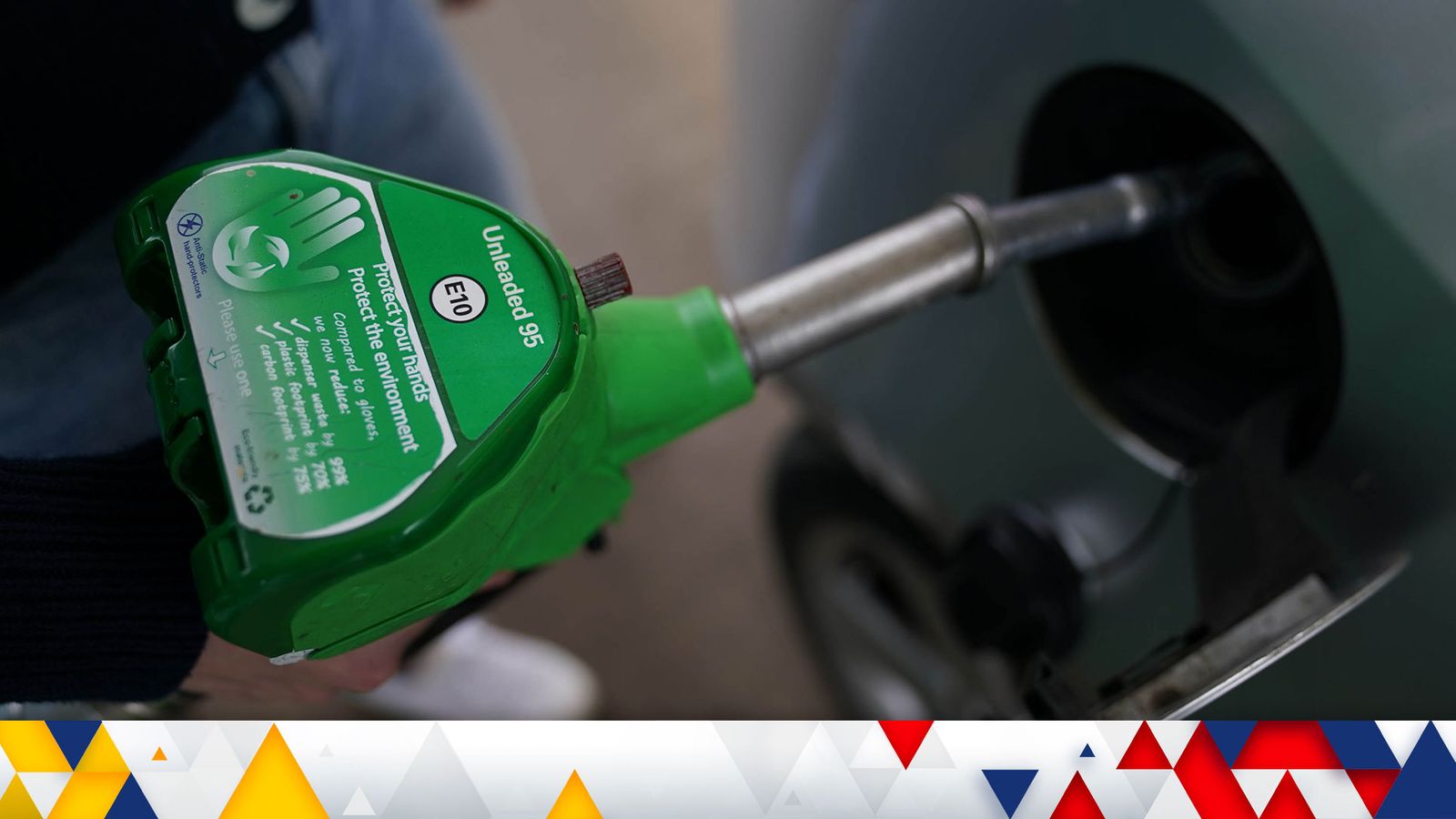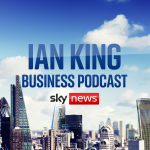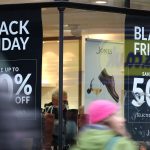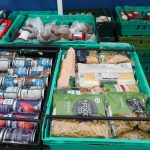Consumers spent the most since Christmas on their credit and debit cards earlier this month as fuel costs hit record levels following Russia’s invasion of Ukraine.
Figures released by the Bank of England showed that spending in the week to 3 March jumped by 10 percentage points from the week before to 102% of its average level in February 2020 – the month before the first COVID lockdown.
The biggest increase came from ‘work-related’ spending, which includes fuel used for commuting, as more people return to offices via a shock at the pumps.
The data showed a spending surge of 24%, to its highest since October when a shortage of delivery drivers combined with panic buying to drive fuel shortages.
The rise in spending on fuel shows little sign of slowing despite motoring organisations warning that record costs will drive increasing numbers off the roads.
A steady hike in petrol and diesel costs since the second half of last year gained unprecedented momentum this week.
Read more: Borrow billions more or leave households to face biggest squeeze in decades, Rishi Sunak told
Cost of living: Borrow billions more or leave households to face biggest squeeze in decades, Chancellor Rishi Sunak told
Ukraine war: Oil slides and markets rally as Russia sanction supply fears ease
Cost of living: Food poverty campaigner Jack Monroe warns cost of living crisis will be ‘fatal’ for families
The latest figures from the RAC showed average pump costs for a litre of unleaded on Wednesday at 159.57p, with diesel rising by 2p – after Tuesday’s increase of almost 3p – to hit 167.37p.
RAC fuel spokesman Simon Williams said of the latest record sums: “Diesel unfortunately appears to be on a clear path to £1.70 a litre. As this is an average price, drivers will be seeing some unbelievably high prices on forecourts as retailers pass on their increased wholesale costs.
“But there was a hint of better news yesterday on the wholesale market with substantial drops in both petrol and diesel which could lead, in a week or so, to a slight slowing in the daily pump price increases and records being broken less frequently.”
The Bank of England spending data also showed a 14% hike in card payments for staple goods such as food.
The Bank had warned, even in advance of the shock military action by Russia, that UK consumers faced a record slump in living standards because of rising prices, led by the 54% rise in the energy price cap from April.
President Putin’s war has since sent oil costs to a 14-year high and natural gas prices to record levels Europe-wide – threatening a much more intense hit to household finances without government intervention.
Chancellor Rishi Sunak is due to reveal his spring statement to MPs later this month.






















